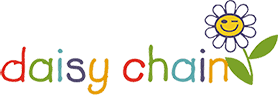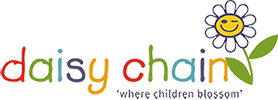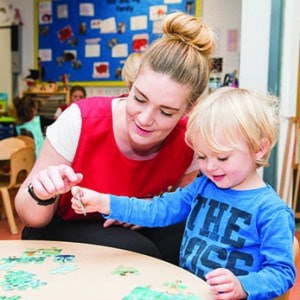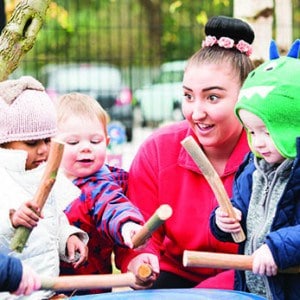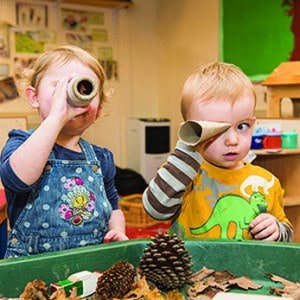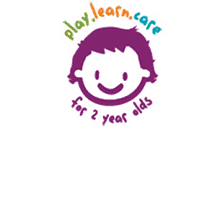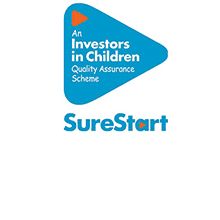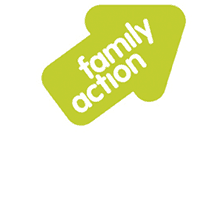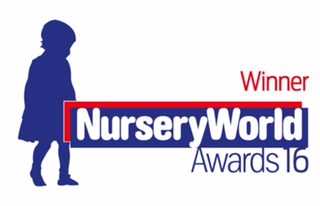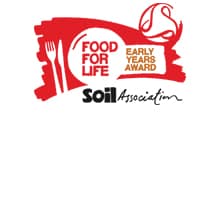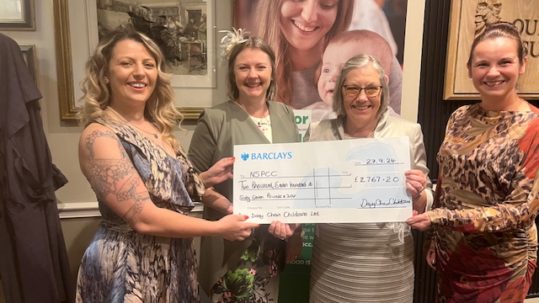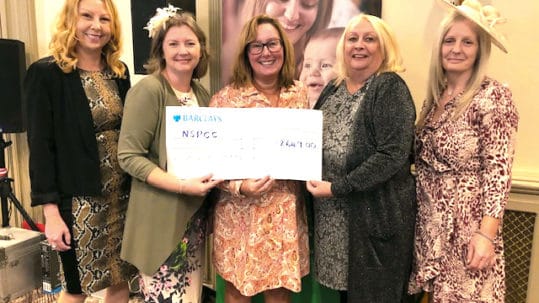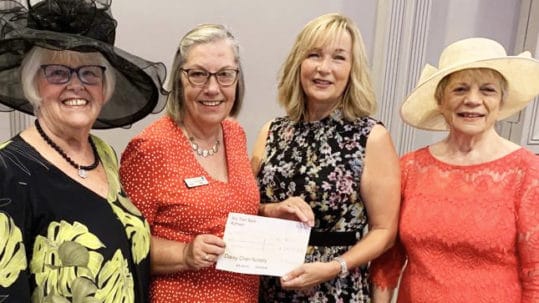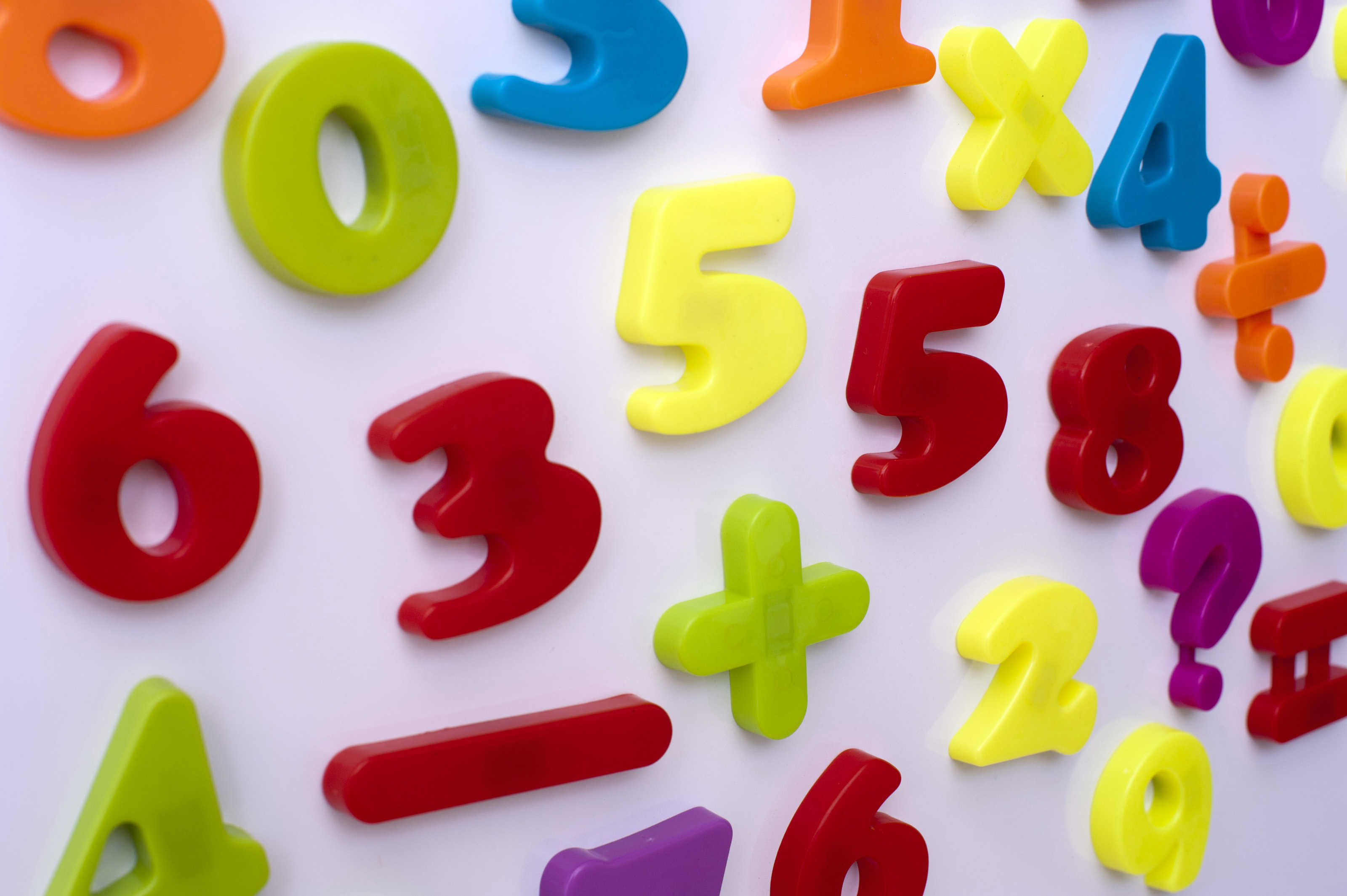
11 May Maths in Early Years – How to Support Children at Home
Play is an activity that is used by children to make sense of the world; you will observe them playing and practicing favourite games and activities over and over again in order to explore, investigate and recreate. This is why it is important to ensure that maths is experienced through play as much as possible.
For many, maths in adulthood can cause sweaty palms and often results in reaching for a calculator. However, simple maths can support children and babies in their early years, it’s multi-sensory and is everywhere. It can happen through music, movement and mark making, both indoors and outdoors. In fact most areas of a child’s everyday play and experiences can incorporate maths, such as shopping, baking, climbing the stairs or setting the table at meal times. It happens through music, songs and rhymes, stories and can be seen out and about in the environment through traffic signs, house numbers, buildings etc. Maths is not just about counting, it also includes shape, patterns, sequencing, size, weight, estimating, and solving problems.
Counting
The importance of counting is a child’s first experience of number and maths; it supports children in learning to count and understand the number system and its value, which they will need throughout their lives. Children should practice counting every day both at home and in nursery and learn the value of numbers. Children also need to know that numbers can be represented in words (i.e. one, two, three) and in pattern (e.g. dominoes). It is crucial that we as adults support children’s interest in numbers and promote their learning in a positive environment.
Activities to support children in maths
Supporting children in maths can start at an early age, with introduction of songs and rhymes, including numbers that count forwards, “1, 2, 3, 4, 5, once I caught a fish alive.” And songs that count backwards, “Five currant buns, or five speckled frogs.” This supports children in not only naming numbers but also learning the patterns of numbers. You can also count in twos, e.g. “the animals went in two by two” or “two little dickie birds.”
Toys can also support children’s learning of maths, using blocks to build towers or counting them in a line. Parents can also use a child’s interest to count, e.g. if your child enjoys playing with animals or cars, they can be lined up and counted in sequence. Children are able to use memory and reconciliation to understand order and patterns that can be created by counting.
Numbers and maths don’t just appear in children’s play; maths games can be played when spending time with your child in different environments. When shopping, for example, with your child, ask if they can see any shapes around them, like an apple in the shape of a circle or a box of tea bags in the shape of a square. Pick out two products and ask your child which weighs more or less and to identify numbers around them, e.g. prices or aisle numbers.
Children can also identify shapes within their environment, e.g. walking through parks or woods, measuring shadows against one another, identifying shapes in buildings or what children see around them. Looking at buildings and noticing square windows or a rectangular door for example.
Baking and cooking at home with children is another way in which you can support maths. Counting, measuring and weighing ingredients and getting children to take part in mixing and distributing into different containers are maths activities. When baking, children notice patterns – adding a mixture to numerous bun cases or adding food in a certain way to a bowl or container. Shapes can also play a role in cooking, by getting children to identify shapes of containers or utensils (bun or cake tins).
Small games are another way you can support maths development, such as clapping games that include repetition and copying; these are simple but supportive activities for children. Counting syllables in their names can also be useful: Elisabeth would be four claps, sounding like E-lis-a-beth.
Maths through Heuristic play for babies and young children
Heuristic play is a term developed by child psychologist Elinor Goldschmeid in the early 1980s. It describes the activity of babies and children as they play with and explore the properties of ‘objects.’ These objects can include boxes, pebbles, shells, tubes, balls, stones and blocks and can be used for a wide range of mathematical opportunities for babies and children. The objects can be used for stacking, threading, rolling and making sounds. The objects can be good for sensory play, allowing them to explore the texture, shape and size of the objects. Children can use objects such as curtain rings to count and thread on some ribbon.
What parents/adults can do to promote children’s enjoyment of maths:
- Adults can support and encourage mathematical vocabulary relating to number, shape and size.
- Adults can also support and encourage children to experiment with numbers shape and pattern that can develop their confidence.
- Children can be stretched further through questioning, e.g. How many can you find? How many less? What shape is it?
- They can be taken to an environment to observe shapes and patterns around them.
What children also learn from maths:
- Language development
- The uses of numeracy in daily life.
- Concepts of shapes, including 2D.
- Concepts of size.
- Experiences in shape and size.
- How to recreate patterns.
- How to estimate.
- Opportunities for making choices.
- Solving problems.
- Combining two or more groups of objects.
- Enjoyment and fun.
- Confidence to participate.
- Co-operation.
- Perseverance to complete a task.
- Self-esteem.
- Planning and creating shapes and forms.
- Awareness of others.
- Showing their particular characteristics, preferences and interests and demonstrate these in all they do.
Whatever way you decide to approach maths in early years, spending time with your children and using the simple techniques above will help support them and set them up for a school.
Author: Leigh Simms – Senior Nursery Nurse
